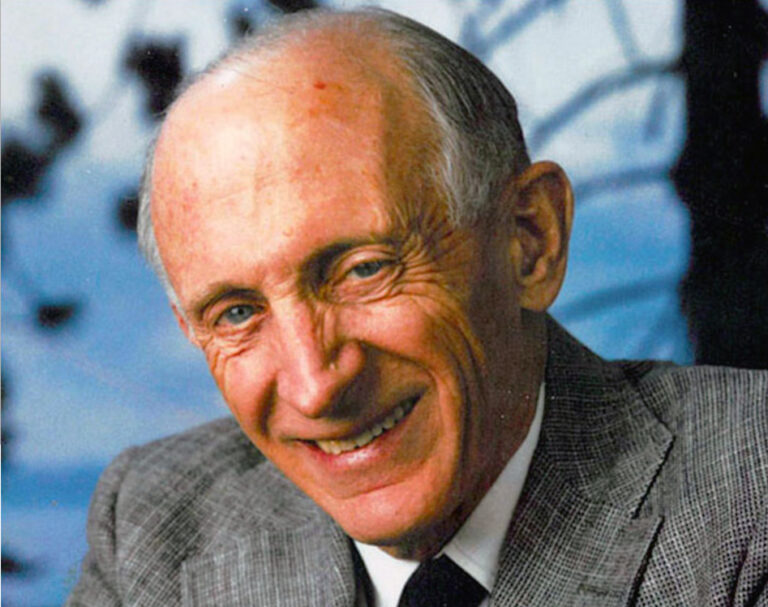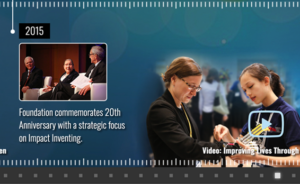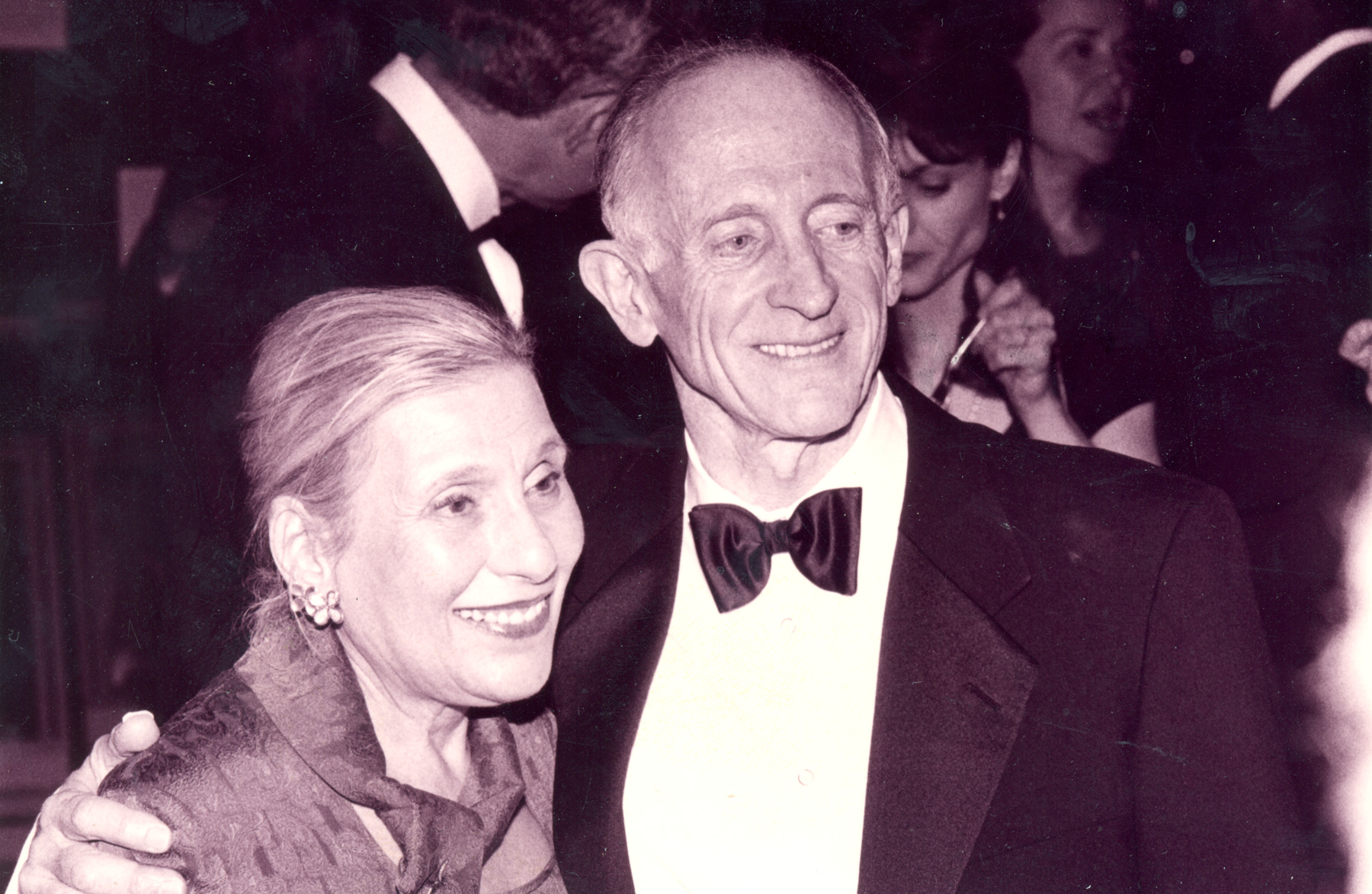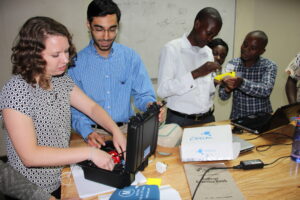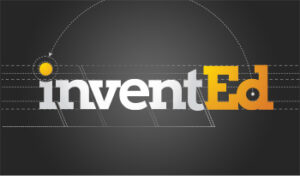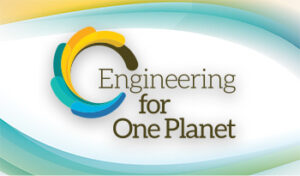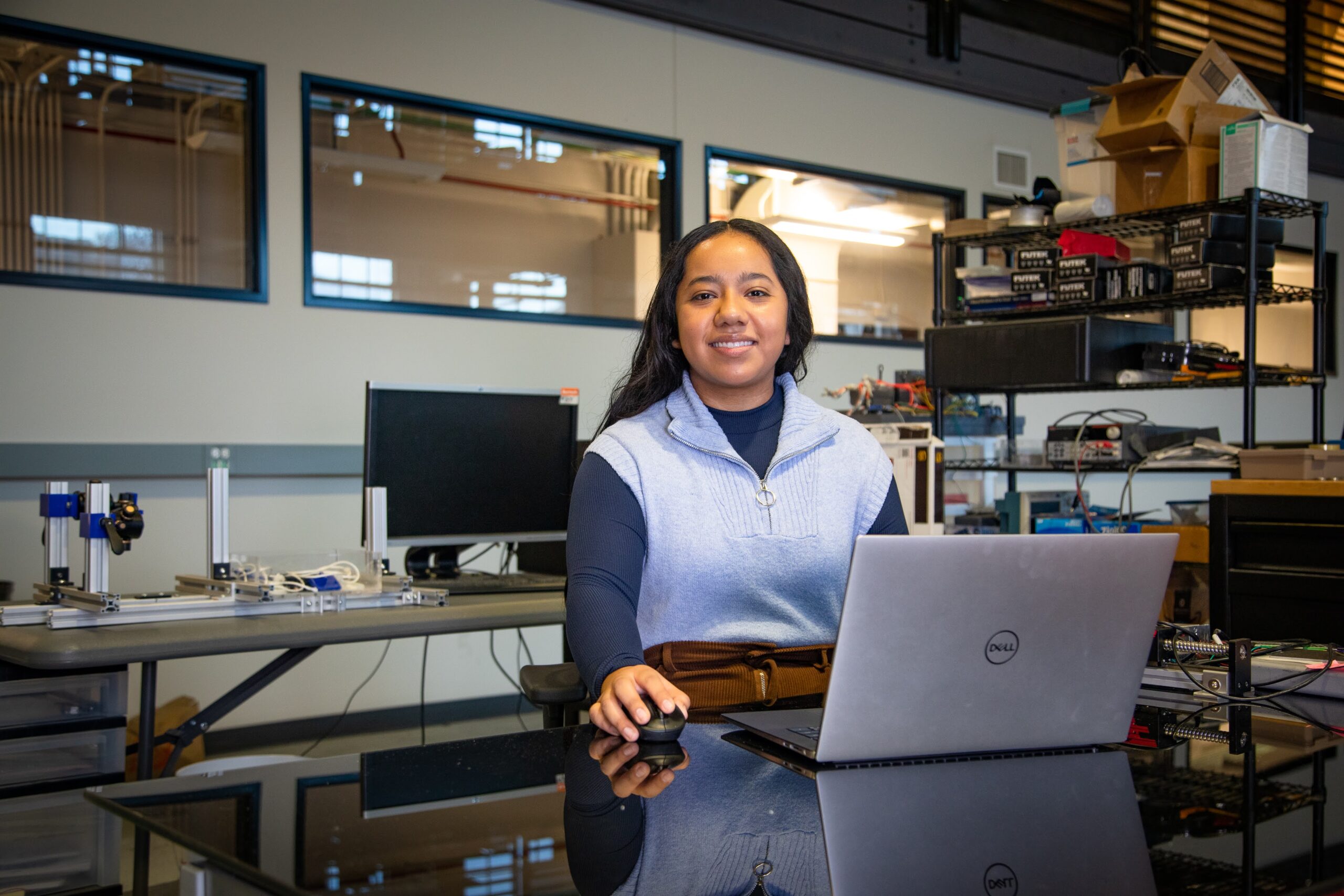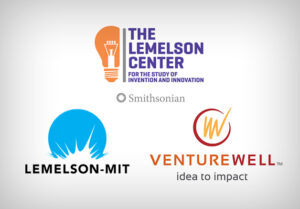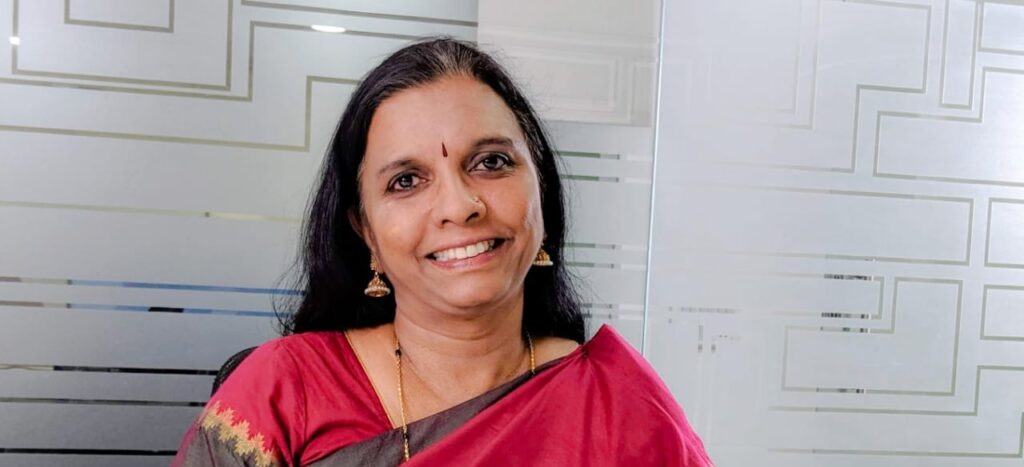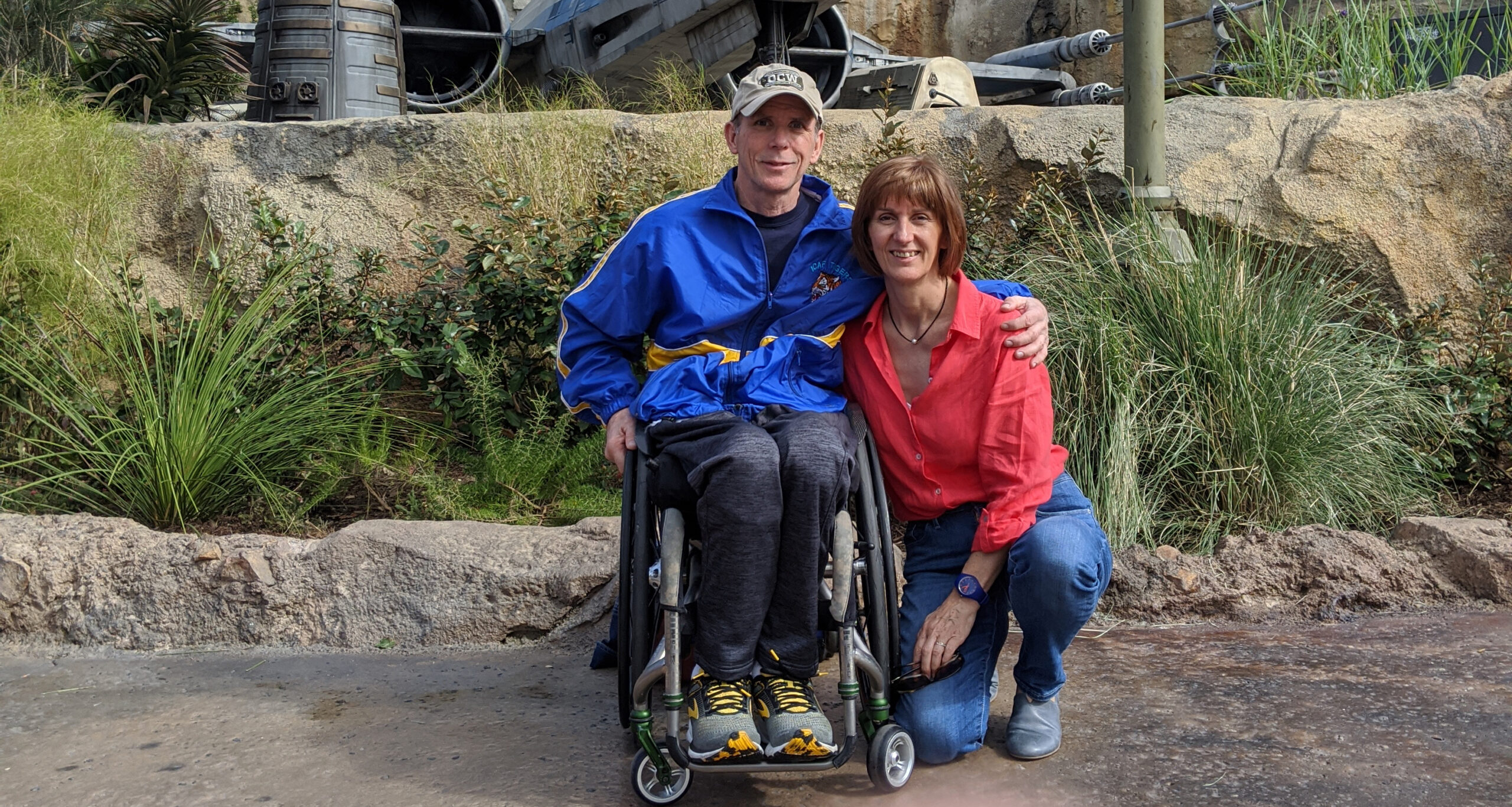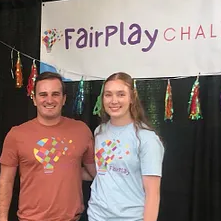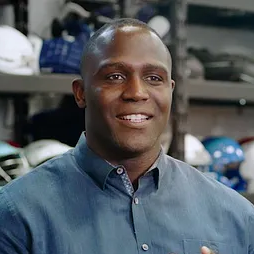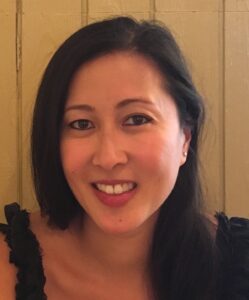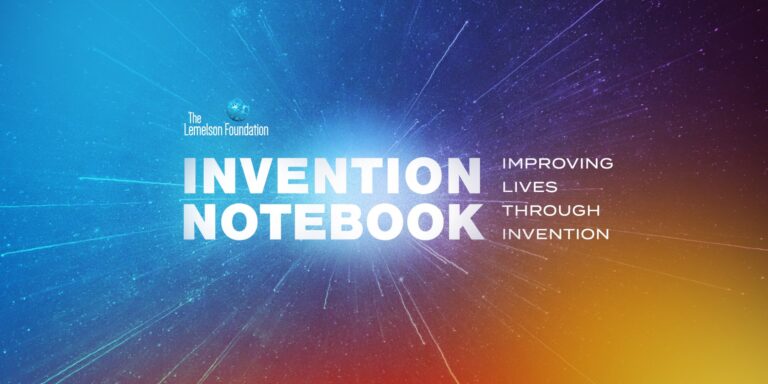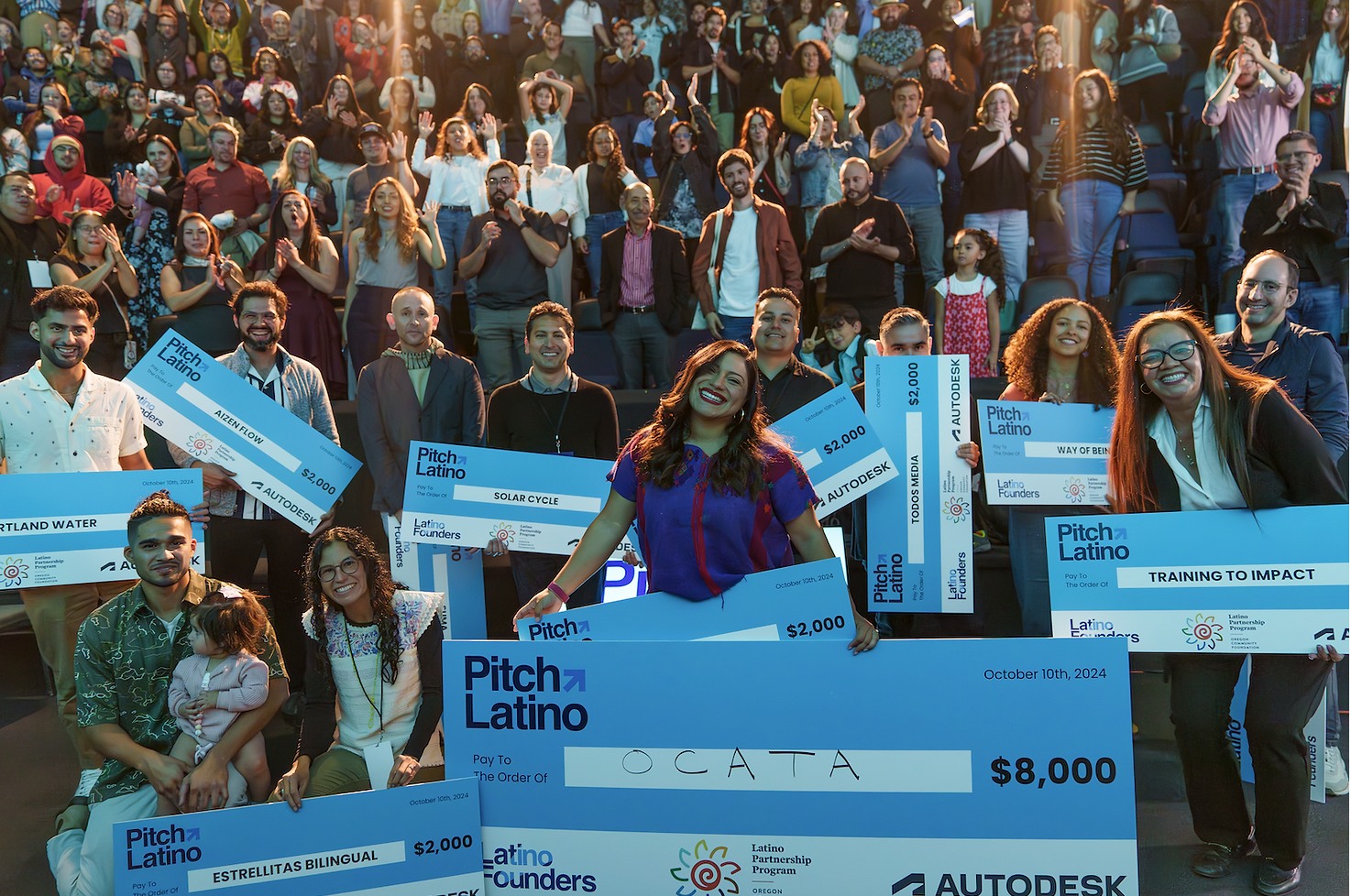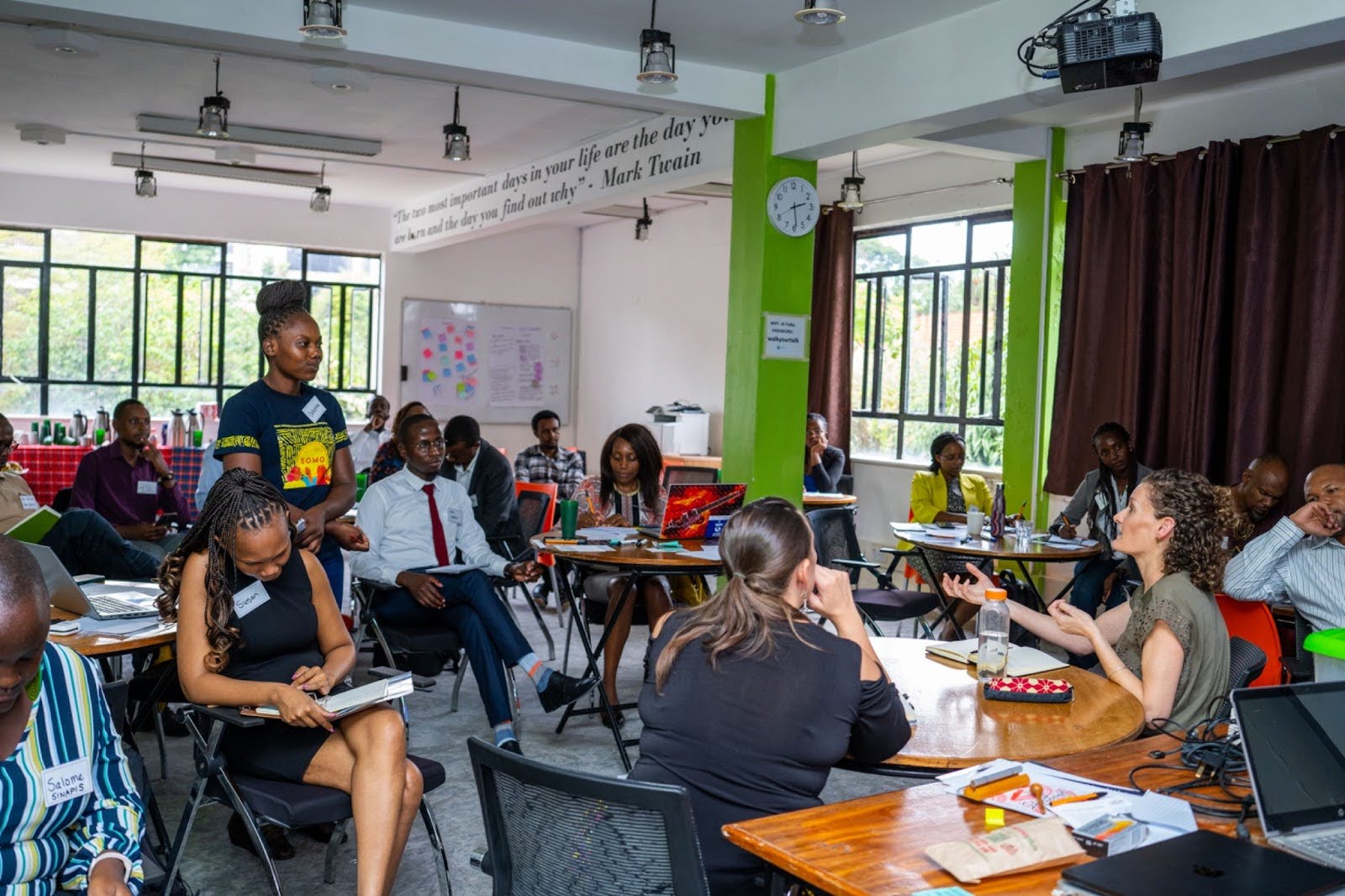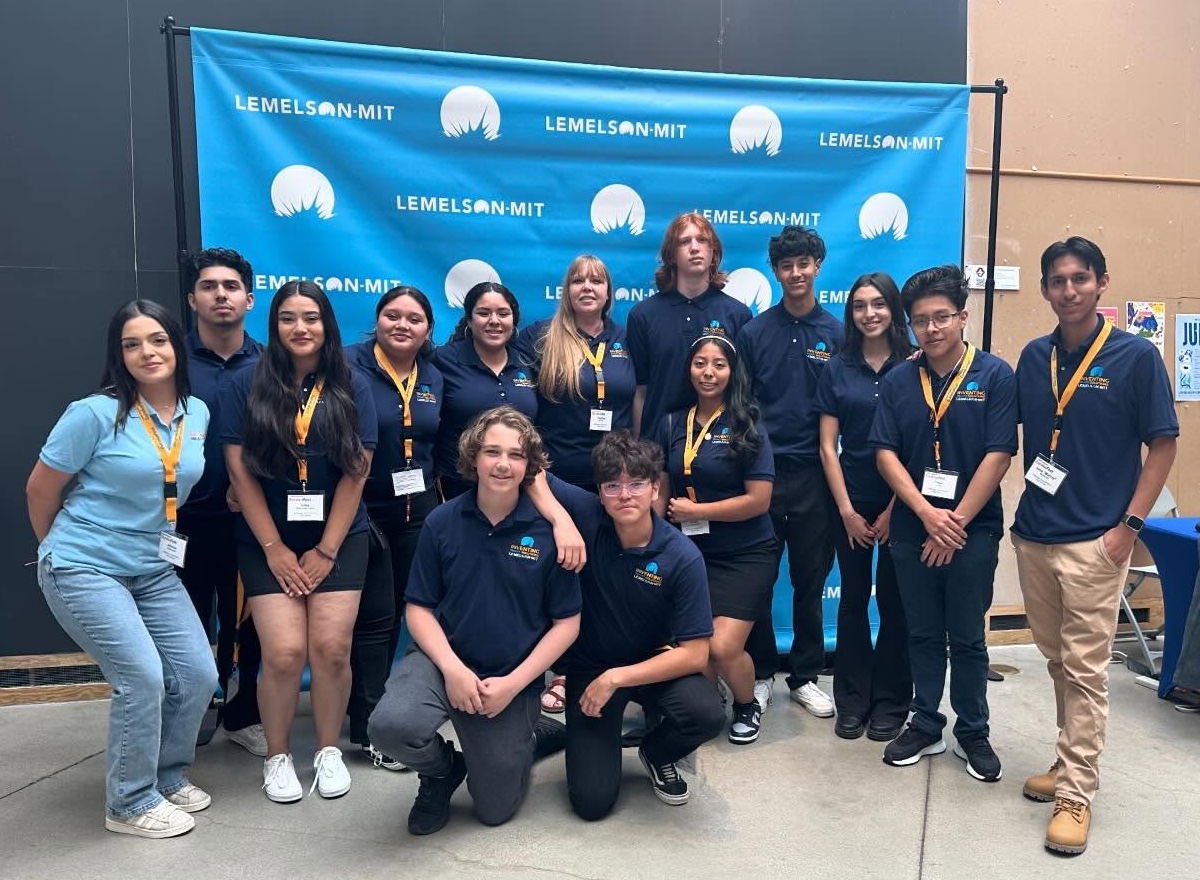Why Invention Education Will Lead to a Future Full of Innovators
min read
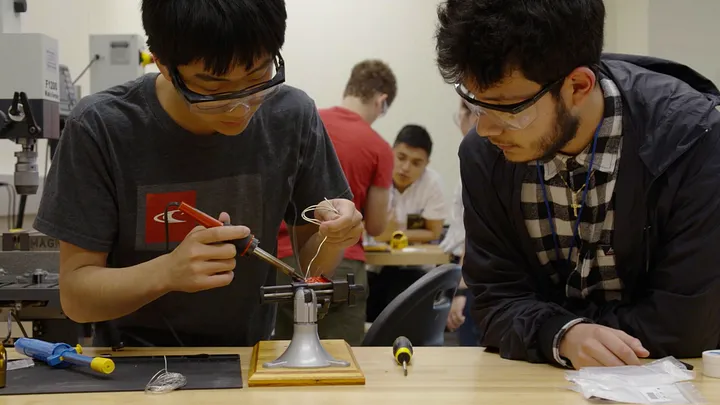
A hands-on, inclusive approach to learning, Invention Education gives students agency and the confidence they need to become problem-solvers.
Picture a classroom full of students engaged in their learning. But they don’t have books or computers in front of them. Instead, they have cardboard boxes, rubber bands, and duct tape — or maybe circuit boards and 3D printers. And they’re not raising their hands in response to a teacher’s question. Instead, they’re asking each other questions, and the teacher is encouraging them to use the materials in front of them to build a solution to a problem.
This is Invention Education, a growing field and pedagogical approach to learning — particularly around STEM — that gives agency to students and allows them to drive their own learning as they gain critical thinking skills, technological know-how, and the confidence they need to solve real-world problems.
Developing Tomorrow’s Innovators and Problem-Solvers
A policy brief published recently by New America shares insights on the impact and potential of Invention Education.
It particularly identifies how it embodies culturally responsive education, in which teachers incorporate students’ diverse experiences and perspectives as educational tools for more inclusive classroom instruction. These kinds of culturally inclusive practices are critical for making STEM more accessible to all students, creating pathways to career and college, and ultimately driving innovation.
The InventEd Network — a coalition of educators, funders, administrators, researchers, and practitioners — was formed to advance the understanding of and engagement with the field of Invention Education.
In partnership with The Lemelson Foundation, InventEd will be showcasing Invention Education at this year’s SXSW EDU. The interactive workshop on March 8 will feature a panel of educators — Dr. Kristin Moon from Portland Public Schools in Oregon, Mark Westlake from St. Thomas Academy in St. Paul, Minnesota, and Juan Valentin from the U.S. Patent and Trademark Office (USPTO) — who will provide practical advice on how to incorporate this approach into classrooms and curricula.
We recently talked to all three about how and why Invention Education has transformed their teaching practices.
These interviews have been edited for length and clarity.
What about Invention Education is different from a traditional teaching approach?
Juan: It is transdisciplinary — it crosses subject matters. In fact, with Invention Education, there really isn’t a subject matter. You find the problem, and you allow that problem to identify where the learning journey is going to take you to solve it.
Kristin: I think one way for teachers to embrace it is to view the teaching itself through the lens of the invention and the design cycle. As teachers, we’re doing that iteratively all the time — we’re designing instruction for kids, we’re looking and testing to see how that’s working, does that get the outcomes we want, and then are redesigning it. And when we frame it in that way, that’s incredibly empowering for teachers.
What skill sets and mindsets does Invention Education teach?
Juan: Agency is a big one — students are doing something for purpose. And I think at the end of the day, if all our students are building for purpose, or at least educating themselves for purpose, then they will go into their communities and have that agency to make the world a better place.
Kristin: Empathy is incredibly important, trying to understand the experience of the user and why that’s important. They ask, “Is the problem I identified actually a problem or am I deciding that’s a problem for the user?” And then going back and getting that constant feedback, so that it’s putting value in listening and understanding other people’s points of view and perspectives.
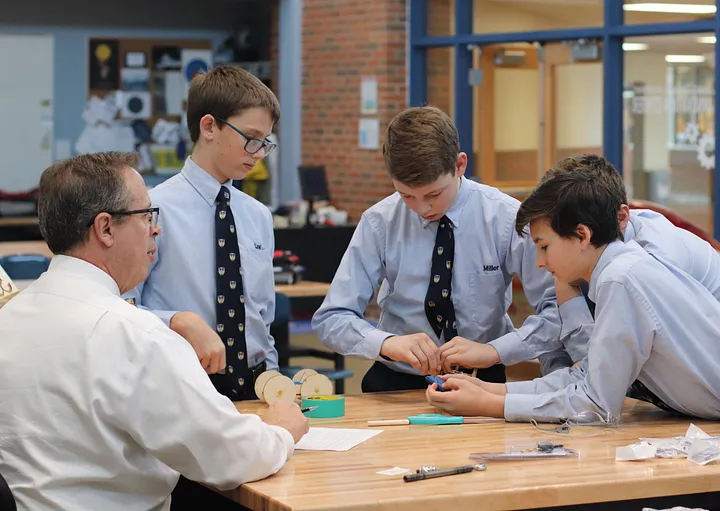
Mark: Invention Education is also the only place at school where students are encouraged to fail, because failure is such an important part of that process. There are periods where the excitement is very high. But there are also long periods of frustration where things don’t work. Many times, solutions come out of some of those academic things that they learned in their math and science classes, like principles that we learned from lessons on energy, or trigonometry, or CAD drawings. It’s that eureka moment that teachers live for.
How does Invention Education help engage a broad range of students, particularly those who are underrepresented in STEM?
Kristin: What I heard from kids a lot is they felt heard, recognized, and valued. When I started with Invention Education, it was all out-of-school time at that point. I started having a lot of success with kids who didn’t have success in the school day — kids who were having challenges or English was a second language for them. Invention Education values everybody’s ideas as a place to start. They got to work on problems that mattered to them, that were interesting to them.
Juan: We read about the famous inventors, but inventors are also the students in the classroom. And it’s not for one particular community or another — it’s for everybody. If you have an inventive mindset, you’re going to be able to aspire to reach higher. It’s going to provide you that extra incentive to say, “I’m going to go out there and get myself to where I need to go, where I want to go.”
How does Invention Education also engage teachers and help reinvigorate their practice?
Kristin: I think one of the things it brings out in teachers is viewing kids from the things they bring and the opportunities they have in those strengths, versus evaluating kids from a deficit model. I also think it creates a greater bond between teachers and students, because you’re doing something that nobody has the right answers to. That process of trying to figure that out — it’s not only growth in your knowledge, but also in your relationships and how you think and how you interact with people. I think it’s why teachers who teach invention keep coming back to it.
Mark: It really changed the way that I saw education and teaching physics in the traditional way, but I think there has to be a vision of what your students are getting out of it. Invention Education is a way to help teachers help their students succeed. For me, it’s about wanting to see our kids invent something that’s going to fly in a plane for NASA. When I go home at night, that’s the kind of thing that makes me feel good.

Juan: A few years into my professional career, a colleague asked me to do an outreach event at an elementary school in Washington, D.C., and I said yes. In that classroom, I saw how invention can show students a new way to engage with learning and shape their futures. Who knew that making gooey slime with third graders would kickstart a lifelong passion for Invention Education?
What’s the value of having a community like the InventEd Network to support teachers and administrators in adopting Invention Education?
Kristin: A lot of times I’ve felt very isolated in my own building, and I didn’t know anybody else or I didn’t even have anybody to call. So now I have people to go to and say, “These are the experiences I’m having, this is the feedback I’m getting, what are you doing about it, can you be a thought partner with me?” And the idea we’re not there to just be affirmative, but we’re also there to push and grow is a piece that I really value with the community.
Read more advice and perspectives on Invention Education from Kristin, Mark, and Juan, and learn more about their March 8 SXSW EDU workshop here.

Important Disclaimer: The content on this page may include links to publicly available information from third-party organizations. In most cases, linked websites are not owned or controlled in any way by the Foundation, and the Foundation therefore has no involvement with the content on such sites. These sites may, however, contain additional information about the subject matter of this article. By clicking on any of the links contained herein, you agree to be directed to an external website, and you acknowledge and agree that the Foundation shall not be held responsible or accountable for any information contained on such site. Please note that the Foundation does not monitor any of the websites linked herein and does not review, endorse, or approve any information posted on any such sites.

